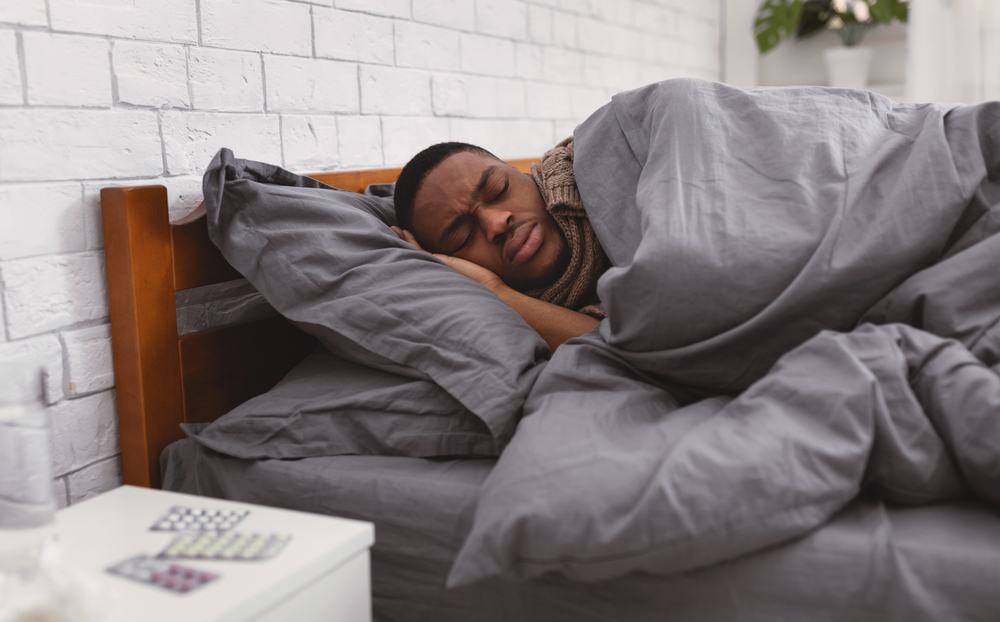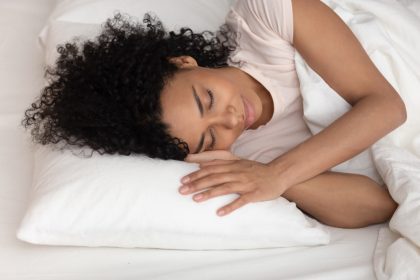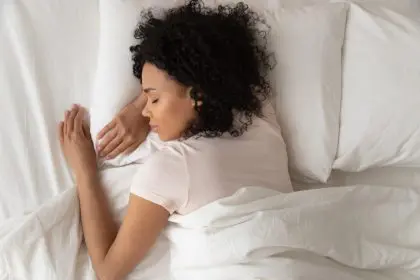Seasonal changes have long influenced human behavior, but one shift is especially noticeable — how much we sleep. As daylight hours change, temperatures drop or rise and environmental conditions fluctuate, people often find themselves sleeping more in certain seasons than others. This shift isn’t just about getting cozy under a blanket in winter — it’s deeply tied to your body’s natural rhythms and how your brain processes environmental cues.
The science of sleep and seasonal shifts
Your body is a remarkably responsive system. At its core lies the circadian rhythm — a biological clock that governs when you feel sleepy or awake. This rhythm is heavily influenced by sunlight. As seasons shift, so does exposure to natural light, which plays a major role in determining how long and how well you sleep.
In the fall and winter months, daylight hours shorten. This decreased light exposure sends a message to your brain to produce more melatonin, the hormone responsible for making you feel sleepy. More melatonin often translates into longer sleep durations or an increased desire to nap.
Why winter makes you sleepier
Increased melatonin production
One of the most significant biological responses to seasonal change is the body’s increased production of melatonin during darker months. With less light to regulate your internal clock, melatonin stays active longer, leading to longer periods of drowsiness.
This isn’t just a mild shift. Many people report feeling groggier throughout the day during the winter. They may go to bed earlier, hit snooze more frequently or even need midday naps to stay energized.
Temperature and comfort
Cold temperatures promote better sleep. Cooler environments help lower your core body temperature, a process that’s essential for initiating sleep. Winter naturally supports this condition, making it easier to fall into a deep, restorative rest.
Your body is more likely to enter longer stages of REM (rapid eye movement) sleep when it’s not battling discomfort. Add thick blankets and the soothing silence of a snowy evening, and it’s no wonder sleep feels deeper and more indulgent in the colder months.
How summer disrupts sleep patterns
While longer days in spring and summer bring more sunlight and activity, they can throw off your internal rhythms in surprising ways. Extended exposure to daylight delays the production of melatonin, pushing your natural bedtime later than usual.
Hotter temperatures also make it harder for the body to fall asleep. When the room is too warm, your body struggles to cool down, and that internal discomfort may lead to more tossing, turning and waking up throughout the night.
Humidity plays a role too. Sweaty, sticky nights can lead to poor sleep quality, even if you’re in bed for the same number of hours.
Seasonal affective disorder and sleep
Seasonal affective disorder, or SAD, is more than just “winter blues.” It’s a serious condition that affects millions and has a direct impact on how people sleep. One of its most common symptoms is hypersomnia — excessive sleepiness or oversleeping.
People experiencing SAD often feel an overwhelming need to stay in bed. They may also experience difficulty waking up, even after a full night’s rest. This isn’t laziness — it’s the body’s way of trying to adapt to environmental changes, sometimes exacerbated by mental health imbalances triggered by the season.
The role of vitamin D and sunlight
Sunlight doesn’t just regulate melatonin. It also plays a crucial role in vitamin D production. Low vitamin D levels, often caused by reduced sun exposure in winter, have been linked to fatigue and excessive sleepiness.
Many people don’t realize that sleeping more during darker months could be your body’s subtle signal that it’s lacking this vital nutrient. Without enough vitamin D, energy levels drop, making you feel sleepy even during waking hours.
How to improve sleep year-round
Embrace natural light
Try to get outside during daylight hours, even in winter. Morning walks, time near windows and reduced artificial lighting in the evening can help realign your body’s natural sleep-wake cycle.
Regulate indoor temperature
Keep your sleeping environment cool in summer with fans or air conditioning. In winter, cozy blankets can help maintain warmth while still supporting your body’s preference for cooler sleep environments.
Maintain a consistent schedule
One of the best ways to support your circadian rhythm is to stick to a consistent sleep routine. Go to bed and wake up at the same time each day, even on weekends. This helps reinforce your internal clock, regardless of seasonal variations.
Stay active
Regular exercise can combat winter sluggishness and summer restlessness alike. Movement during the day boosts mood, energy and helps you fall asleep faster at night.
Watch for changes in mood or energy
If you notice significant changes in how you sleep or feel during specific seasons, consider speaking with a healthcare provider. Fatigue, oversleeping or insomnia that interferes with your quality of life may signal a deeper issue.
Modern lifestyles versus natural rhythms
Modern society often ignores seasonal rhythms. Artificial lighting, screen time and irregular schedules confuse our bodies, making it harder to follow natural sleep cues. You may feel guilty for needing more sleep in the winter, but that need is deeply rooted in biology — not laziness.
Acknowledging and working with seasonal changes, rather than resisting them, can lead to more restorative sleep and a better quality of life. Listening to your body is an act of self-respect, not weakness.
Give yourself permission to rest
Humans are not machines. Just as animals hibernate or migrate with the seasons, your body is also wired to respond to nature’s signals. Needing more sleep in certain seasons is not something to feel bad about — it’s part of the natural order of life.
As the seasons change, so should your habits. Adjusting your environment, your expectations and your routines can help you make the most of each moment — awake or asleep.
Prioritizing rest is not a sign of indulgence. It’s a form of resilience. And understanding why you sleep more in certain seasons than others empowers you to live more fully, no matter what time of year it is.











